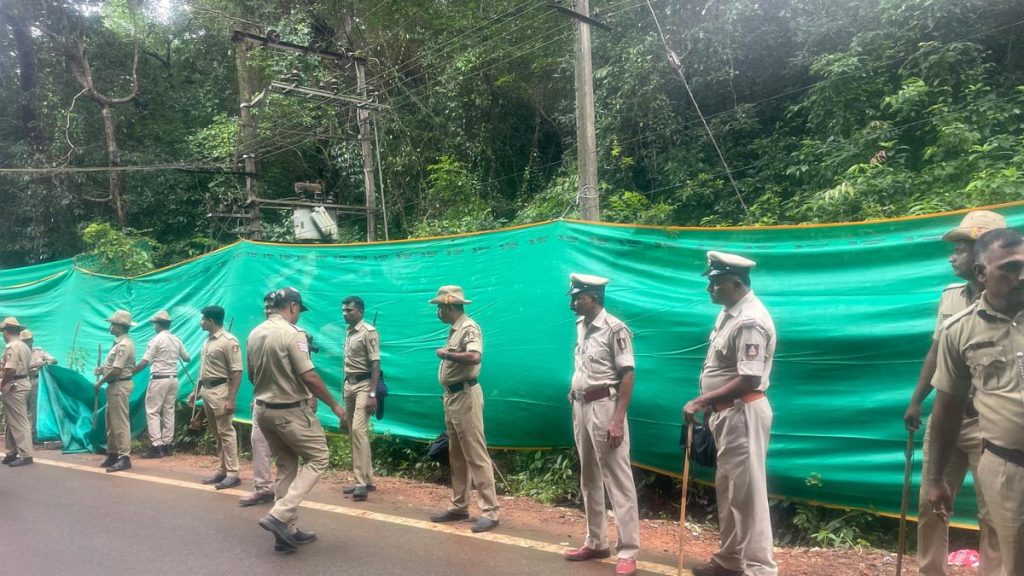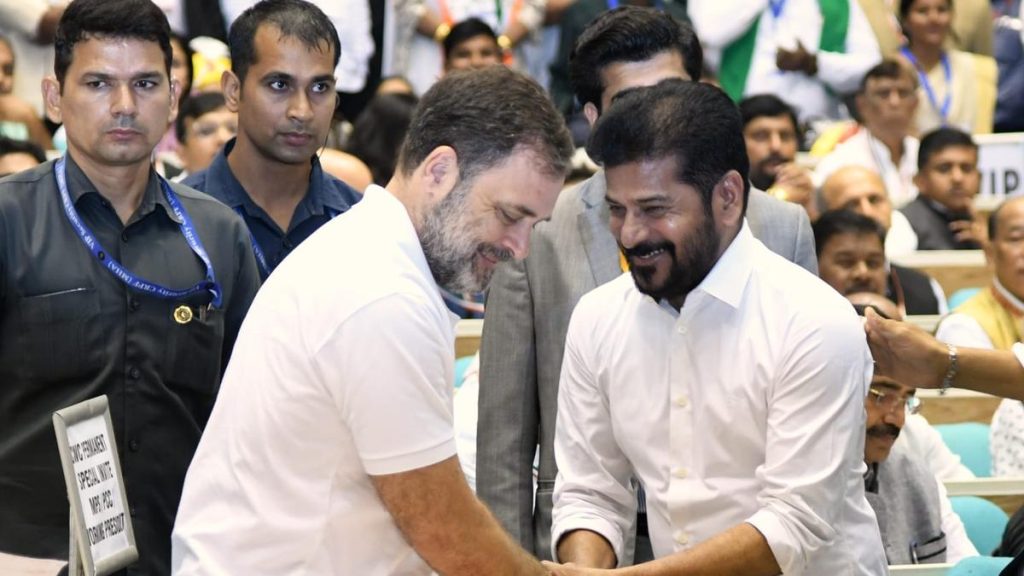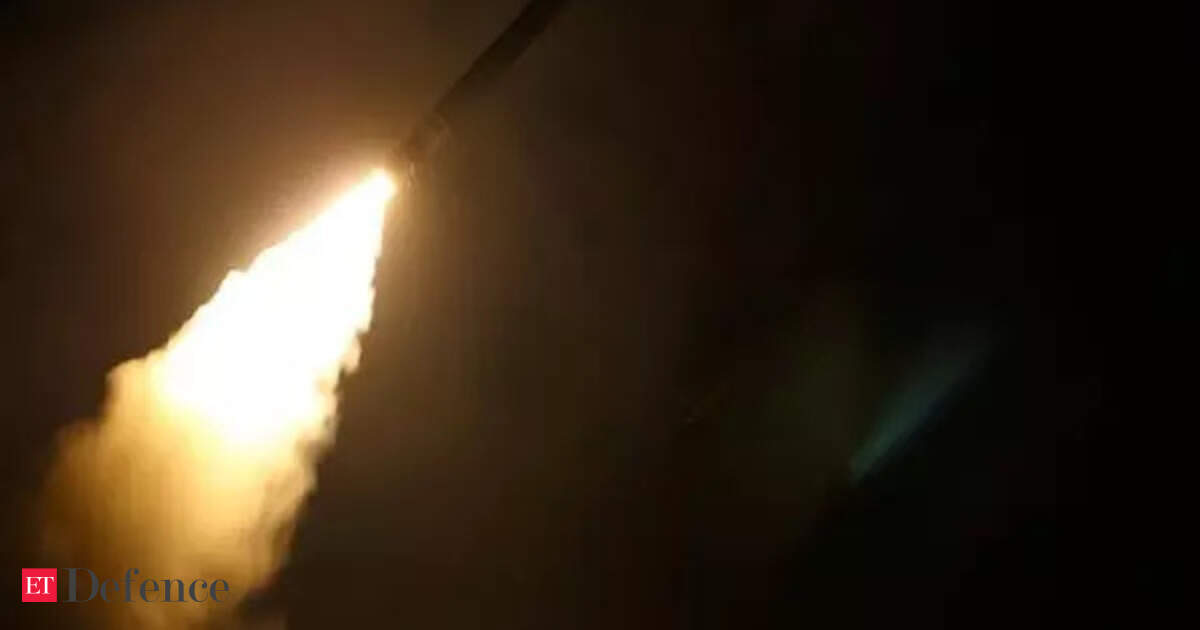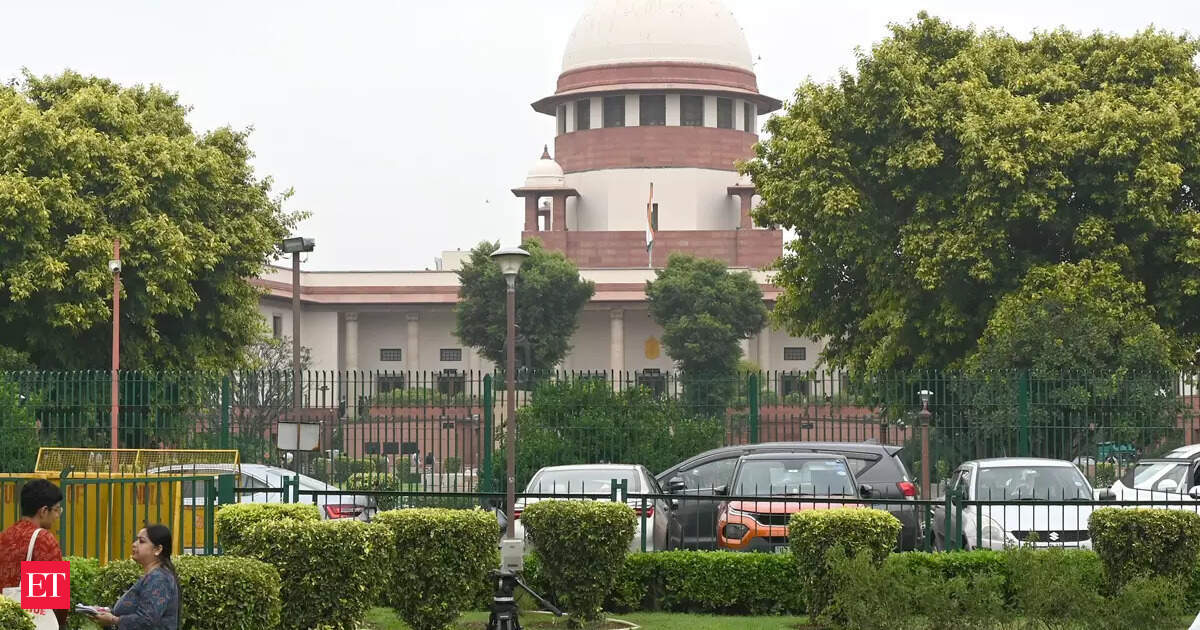Now Reading: Britain’s Recognition of Palestine: Which Nations Stand in Support?
-
01
Britain’s Recognition of Palestine: Which Nations Stand in Support?
Britain’s Recognition of Palestine: Which Nations Stand in Support?

Quick Summary:
- britain announced plans to recognize a Palestinian state in September, contingent on Israel taking steps to improve conditions in Gaza and committing to the two-state solution.
- Conditions include allowing more aid into Gaza, halting West Bank annexation, and engaging in long-term peace negotiations.
- Prime minister Keir Starmer emphasized that no party woudl have veto power over this decision and reiterated demands for Hamas to release hostages, cease violence, disarm, and step away from governing Gaza.
- France has already declared its intention to recognise Palestinian statehood. Other nations such as Norway, Ireland, Spain have done so earlier with border considerations tied to negotiations.
- The majority of UN member states (144 out of 193) already recognise Palestine as a state; notable exceptions are major Western powers like Germany and Canada.
- Britain’s stance contrasts with U.S. opposition led by Secretary of State Marco Rubio but aligns with France’s recent efforts. Starmer’s government has taken tougher measures against Israel compared to his predecessors.
Indian Opinion Analysis:
Britain’s conditional move towards recognising Palestine may signal shifting dynamics among major world powers regarding Middle eastern diplomacy. For India-which historically supports Palestinian sovereignty while maintaining ties with Israel-the development highlights nuanced approaches required when addressing global conflicts tied deeply to regional stability.The potential recognition coudl indirectly prompt introspection within international frameworks concerning humanitarian crises like those seen in Gaza or broader questions around the two-state solution viability amid escalated tensions between adversaries.India’s balanced stance positions it well for fostering constructive dialog among varying global actors without compromising its own strategic interests in West Asia.
India’s overwhelming endorsement at the UN of Palestine’s non-member status provides context on its diplomatic priorities linking multilateralism/deterrence-frameworks reassertions neutral details connect


























